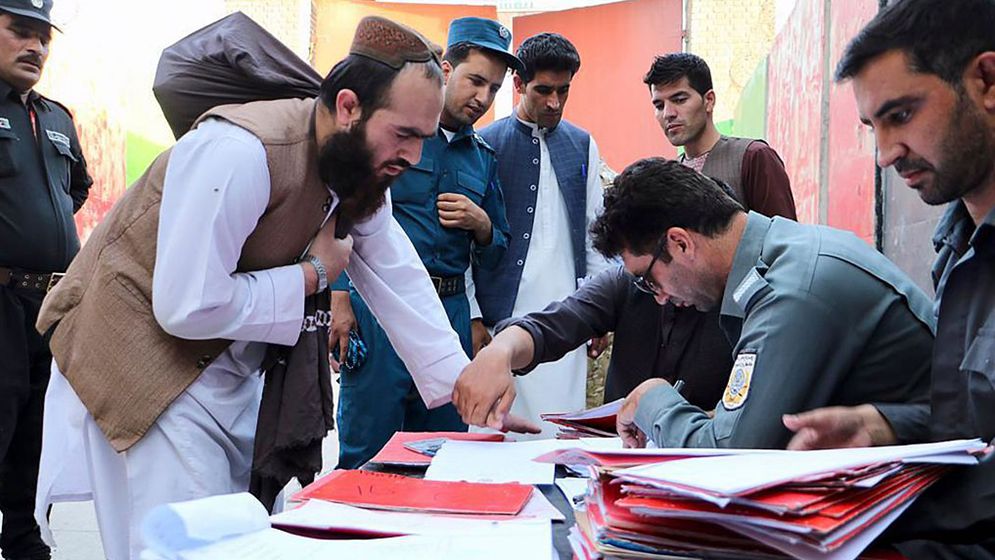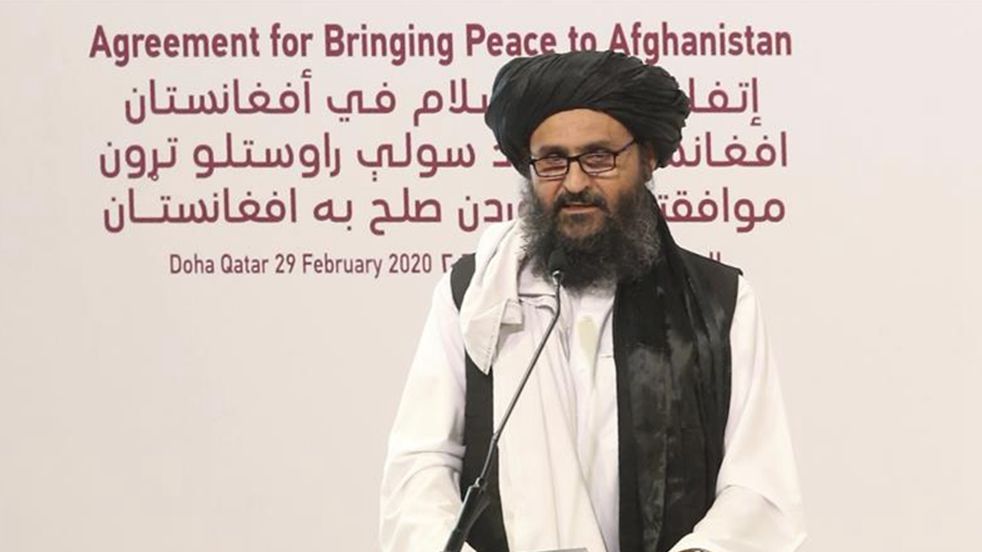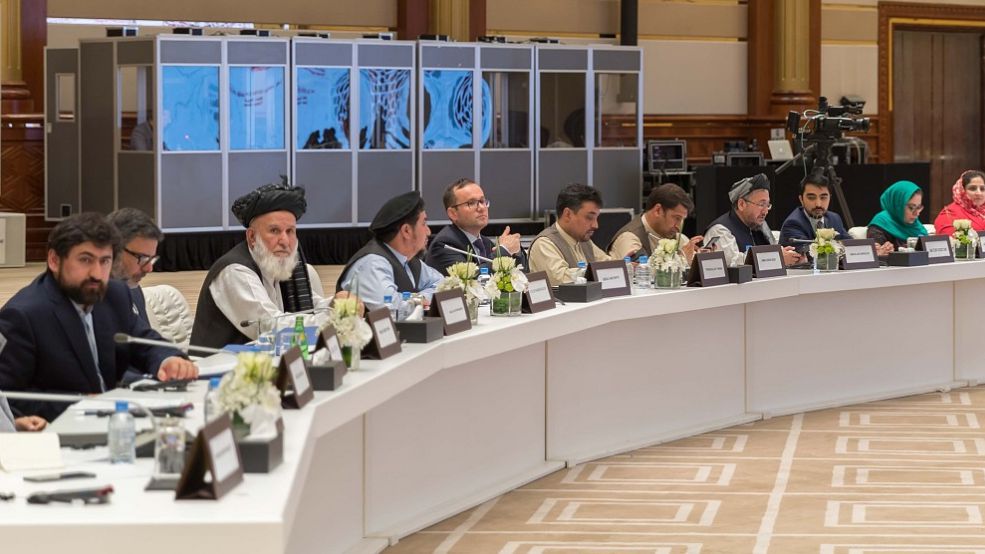
Taliban prisoners register at a prison in Kabul, August 13,2020. /CFP
Taliban prisoners register at a prison in Kabul, August 13,2020. /CFP
The Afghan government and the Taliban will this weekend begin talks to end nearly two decades of war.
The two sides will meet in the Qatari capital Doha from Saturday, six months later than planned owing to disagreements over a controversial prisoner swap.
The U.S.-backed talks mark a major milestone in Afghanistan's 19-year conflict, but a peaceful outcome, or even a ceasefire, is far from guaranteed as negotiators grapple with divergent goals.
"The talks are very likely to be long and arduous, easily taking years to complete, with many stops and halts, sometimes perhaps for months as fighting goes on," said Vanda Felbab-Brown, an Afghanistan expert and senior fellow at the Brookings Institution.
President Donald Trump has pushed hard to bring home troops and end America's longest war, which began nearly 20 years ago when Washington invaded Afghanistan and ousted the Taliban following the September 11 attacks.

Taliban's chief negotiator Mullah Baradar Akhund speaks before signing a peace agreement between Taliban and U.S. officials in Doha, February 29, 2020. /AP
Taliban's chief negotiator Mullah Baradar Akhund speaks before signing a peace agreement between Taliban and U.S. officials in Doha, February 29, 2020. /AP
Any deal between the Afghan government and the Taliban will depend on both sides' willingness to tailor their competing visions for the country and the extent to which they can share power.
The Taliban, who have refused to recognize President Ashraf Ghani's government, want a pure Islamic government in Afghanistan. And Ghani's administration will seek to maintain the existing constitutional republic.
The Taliban, who ruled most of Afghanistan from 1996 to 2001, will claim a stronger bargaining position than at any time since they were ousted.
They claimed victory in February after signing a deal with Washington that laid out a timetable for talks, which were supposed to start in March, and for foreign forces to withdraw by early next year. In return, the Taliban offered security guarantees which critics said were vague.
In early March, the insurgents unleashed fresh attacks on Afghan forces and have maintained a withering battlefield tempo.

Delegates at an intra-Afghan peace dialogue in Doha, July 9, 2019. /VCG
Delegates at an intra-Afghan peace dialogue in Doha, July 9, 2019. /VCG
An immediate point of contention is expected to be the issue of stopping the bloodshed in a war that has killed tens of thousands of civilians and displaced millions more.
The deal in February insisted the Taliban include a permanent truce only as "an item on the agenda" in negotiations, but Kabul insists it wants to push for a ceasefire from day one, which the Taliban have said is a non-starter.
The Taliban "don't trust the United States or Afghan government enough to stop fighting, until peace talks reach a point that they believe their group may have genuinely secured their interests", said Andrew Watkins, an Afghanistan analyst with the International Crisis Group. .
Even if the Taliban and the Afghan government eventually strike a deal, what comes next is an open question.
The U.S. has stressed Afghanistan's future is now in Afghan hands and suggested that if a peace process breaks down and chaos ensues, so be it.
(With input from agencies)